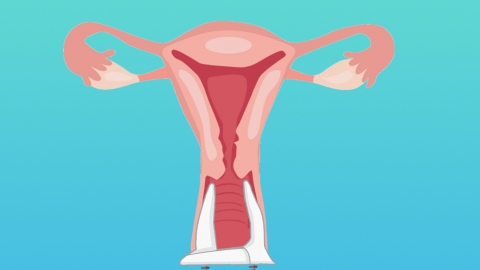Is it serious to have punctate and linear blood flow signals observed within the uterine myometrium?
Generally, whether punctate and linear blood flow signals observed within the uterine myometrium are serious depends on the specific clinical context. If these signals represent normal physiological changes or benign lesions without symptoms, they are usually not serious. However, if they are associated with malignant conditions or symptomatic benign diseases, they may indicate a more serious condition. Detailed analysis is as follows:

If the punctate and linear blood flow signals in the uterine myometrium occur due to normal uterine congestion around menstruation, or are related to small uterine fibroids, adenomyosis, or other benign conditions, and malignancy has been ruled out through examination, the condition is generally not serious. These blood flow signals often reflect normal tissue perfusion or are incidental findings in benign diseases, posing no significant threat to health. Regular follow-up monitoring via ultrasound is usually sufficient.
If the blood flow signals are accompanied by rapid growth of uterine fibroids, abnormal myometrial echogenicity, irregular vaginal bleeding, worsening abdominal pain, weight loss, or if tests suggest possible malignancy, the condition may be serious. Abnormal blood flow may indicate high lesion activity, necessitating further evaluation to determine the nature of the lesion and prevent delayed treatment that could compromise health.
In daily life, maintain good external genital hygiene by washing with warm water and frequently changing cotton underwear. Maintain regular sleep patterns and avoid staying up late to reduce physical stress. Eat a balanced diet rich in fresh fruits and vegetables, and avoid excessive intake of foods high in estrogen. Follow your doctor's recommendations for regular gynecological ultrasound examinations, keep track of menstrual cycle and flow changes, and seek timely medical consultation if any abnormalities or discomfort occur.




